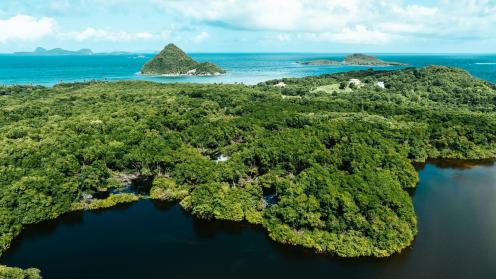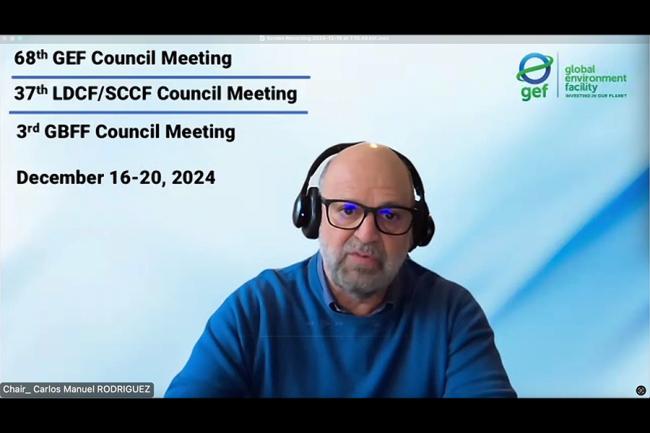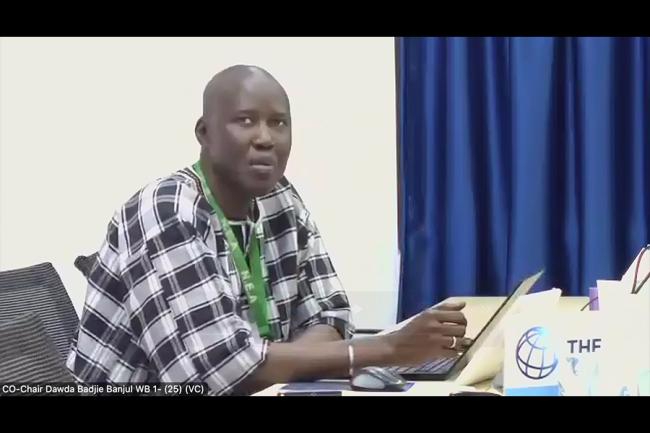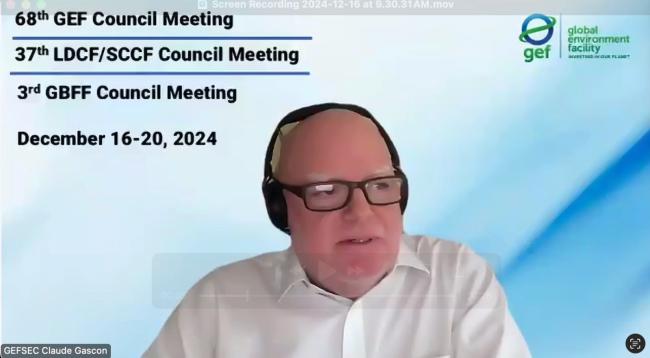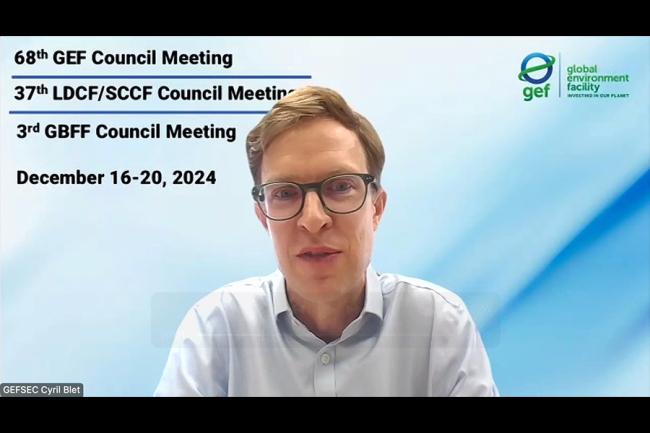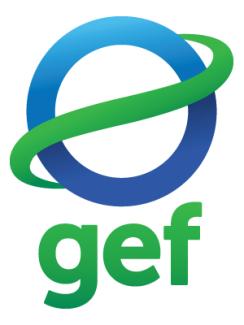On its opening day, the 68th meeting of the Global Environment Facility (GEF) Council approved a Work Program heavy with projects and programs on chemicals and waste. The Council also reviewed and welcomed the GEF Monitoring Report 2024, which disclosed positive achievements in portfolio performance and in enhancing the effectiveness of projects and programs during the period 1 July 2023 to 30 June 2024.
In his opening remarks, GEF CEO and Chairperson Carlos Manuel Rodríguez noted a recent report on planetary health showing all indicators flashing red, as well as troubles at recent biodiversity, climate, and desertification Conferences of the Parties (COPs) and in negotiations for a global plastics treaty. He said this all underscored that “the decisions we take over the next 12-18 months are critical,” including those regarding the ninth replenishment of the GEF Trust Fund (GEF-9).
Noting that the Monitoring Report shows the GEF has delivered on environmental benefits while improving on delivery metrics, Rodríguez emphasized that both the Secretariat and GEF Implementing Agencies are undertaking reforms aimed at achieving greater collaboration, more efficiency, and improved impact.
The Work Program approved by the Council totals USD 564.3 million, including Agency fees, bringing programming for the GEF-8 to almost 70.5% of the GEF-8 funds. It comprises 31 projects and programs, with USD 253.4 million (about 45% of the total) allocated for chemicals and waste, USD 159 million for biodiversity, climate change, and land degradation, USD 46 million for international waters, and USD 39.9 for non-grant instruments (NGIs). Among the 133 recipient countries, 45 are least developed countries (LDCs) and 37 are small island developing States (SIDS).
During the Council discussion on the proposed Work Program, many Members praised its emphasis on bringing the chemicals and waste cluster up to speed, its broad inclusion of LDCs and SIDS, the high co-financing ratios and private sector participation expected, and the innovative NGIs included. The Indigenous Peoples Advisory Group (IPAG) praised the Program’s Inclusive Conservation Initiative (ICI) and its role in strengthening Indigenous Peoples and Local Communities (IPLCs) institutions, increasing direct funding flows, and enhancing recognition of IPLCs’ stewardship of territories, ecosystems, natural resources, and biodiversity.
The concern most raised by Council Members was that over 60% of Work Program resources is concentrated in just four UN agencies, with many Members calling for greater diversification in future Work Programs and more involvement by the multilateral development banks (MDBs).
As for the Monitoring Report 2024, it indicated:
• significant results across five environmental areas, with Agencies now utilizing the current results architecture at scale for reporting; and
• advances, shown in the active portfolio, in achieving environmental results on the ground and with quality.
In presenting the report, the Secretariat highlighted a new section presenting the first risk profile of GEF projects under implementation along the three dimensions of context, innovation, and execution. The new section found that risk remains lower than stated risk appetite levels on average, except in LDCs and in fragile and conflict-affected settings (FCS).
Council Members asked the Secretariat about possible issues identified in the report, such as the need to improve on shortening the time from CEO endorsement to project fund disbursement. They also suggested several ways to enhance disclosure in the Monitoring Report. The Secretariat promised to take the feedback into account. The Council adopted a decision welcoming the report and the continued implementation of the GEF-8 Results Measurement Framework and the GEF Risk Appetite.
To receive free coverage of global environmental events delivered to your inbox, subscribe to the ENB Update newsletter.
